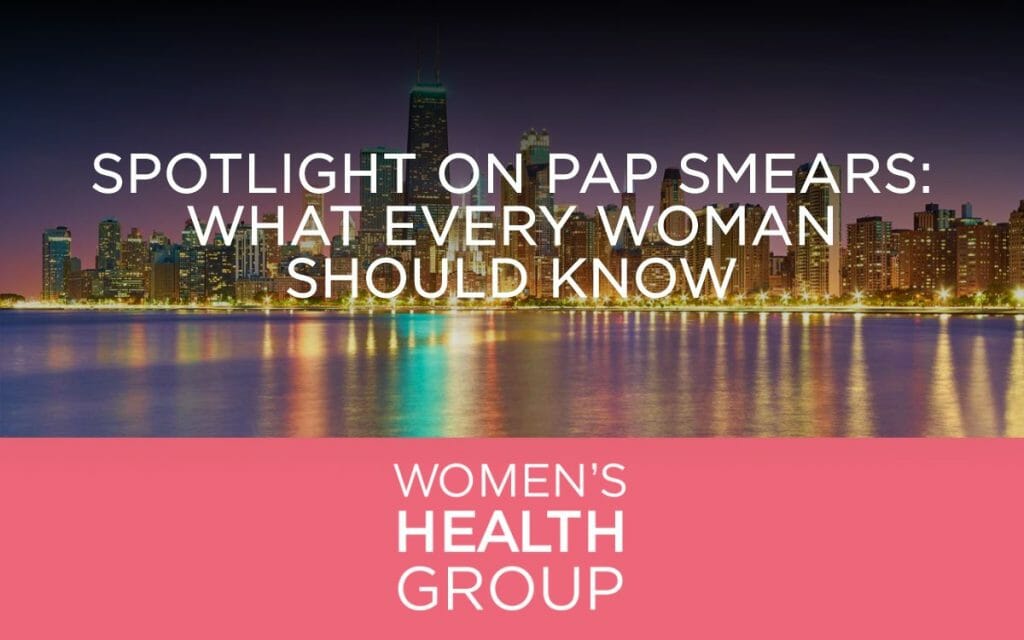Understanding the Significance of Pap Smears
In the field of women’s health, few procedures are as critical, yet frequently misunderstood, as the Pap smear. As a leading obstetrician-gynecologist (OB-GYN) center in Chicago, Illinois, the Women’s Health Group aims to shed some light on this all-important procedure. Hence, we present to you this Pap Smear Spotlight – a comprehensive guide on what every woman should know about Pap Smears.
What Exactly is a Pap Smear?
A Pap smear, also known as a Pap test, is a critical procedure administered by your OB-GYN physician to test for the presence of cervical cancer in women. Named after Dr. George Papanicolaou, who introduced the test in the early 1920s, the Pap smear is an integral part of a woman’s routine health check-up.
This preventative screening mainly involves collecting cells from your cervix – the lower, narrow end of your uterus at the top of your vagina. The collected cells are then sent to a lab, where they are examined for any abnormalities that could indicate the presence or potential development of cervical cancer.
Why is a Pap Smear Necessary?
The annual trip to the OB-GYN can be a daunting experience for many women. However, the Pap smear is an essential aspect of these visits. Here’s why:
- Detection of cervical cancer: The primary reason for conducting a Pap smear is to check for potential cervical cancer. According to Women’s Health Government, cervical cancer was once a leading cause of death for women in the United States. However, the regular utilization of Pap smears has drastically reduced that number.
- Identify changes before they become cancerous: The success story of Pap smears lies in its ability to identify cellular changes in your cervix before they develop into cancer. Early detection facilitates early intervention, thereby preventing future health complications.
When Should You Get a Pap Smear?
Pap smears should typically begin early in a woman’s life, around the age of 21 or within three years of becoming sexually active, according to the Mayo Clinic.
Women aged 21 to 65 should ideally have a Pap smear done every three years. Those above 30 years old can opt to extend this period to every five years if co-tested with an HPV test. Consistent Pap smear schedules ensure any abnormal changes can be detected and dealt with promptly.
Pap Smear Procedure: What to Expect
A Pap smear is a relatively simple and quick process, which usually takes about 10 to 20 minutes. It is generally conducted as part of a routine pelvic exam and doesn’t require any hospitalization. Women might experience slight discomfort during the procedure, but it is usually painless.
Interpreting Your Pap Smear Results
After your Pap test, the samples taken are analyzed in a laboratory, and the results are typically available in a few days. It’s crucial to note that abnormal Pap smear results do not automatically mean that you have cervical cancer. They simply mean that there are cell changes in your cervix, which may need further testing or close monitoring.
Empowering Women with the Right Information
Every patient deserves to receive appropriate information about their healthcare choices, and Pap smears are no exception. As women, understanding the necessity and power of a Pap smear test could literally mean the difference between life and death. Armed with this information, you are empowered to take control of your health, ensuring you safeguard your future and longevity.
Lastly, remember that an annual trip to your OB-GYN for routine check-ups, including Pap smears, is vital in maintaining your reproductive health. It is more than just a mandated medical visit – it’s an investment in your wellness and future. Your health is your wealth.
The Women’s Health Group in Chicago, Illinois, is committed to being your trusted partner in women’s health, prioritizing patient education and preventative care. The Pap Smear Spotlight is only a small part of our quest to promote reproductive health awareness among women. Remember, the key to living a healthy and fulfilled life begins with you taking control of your health.




